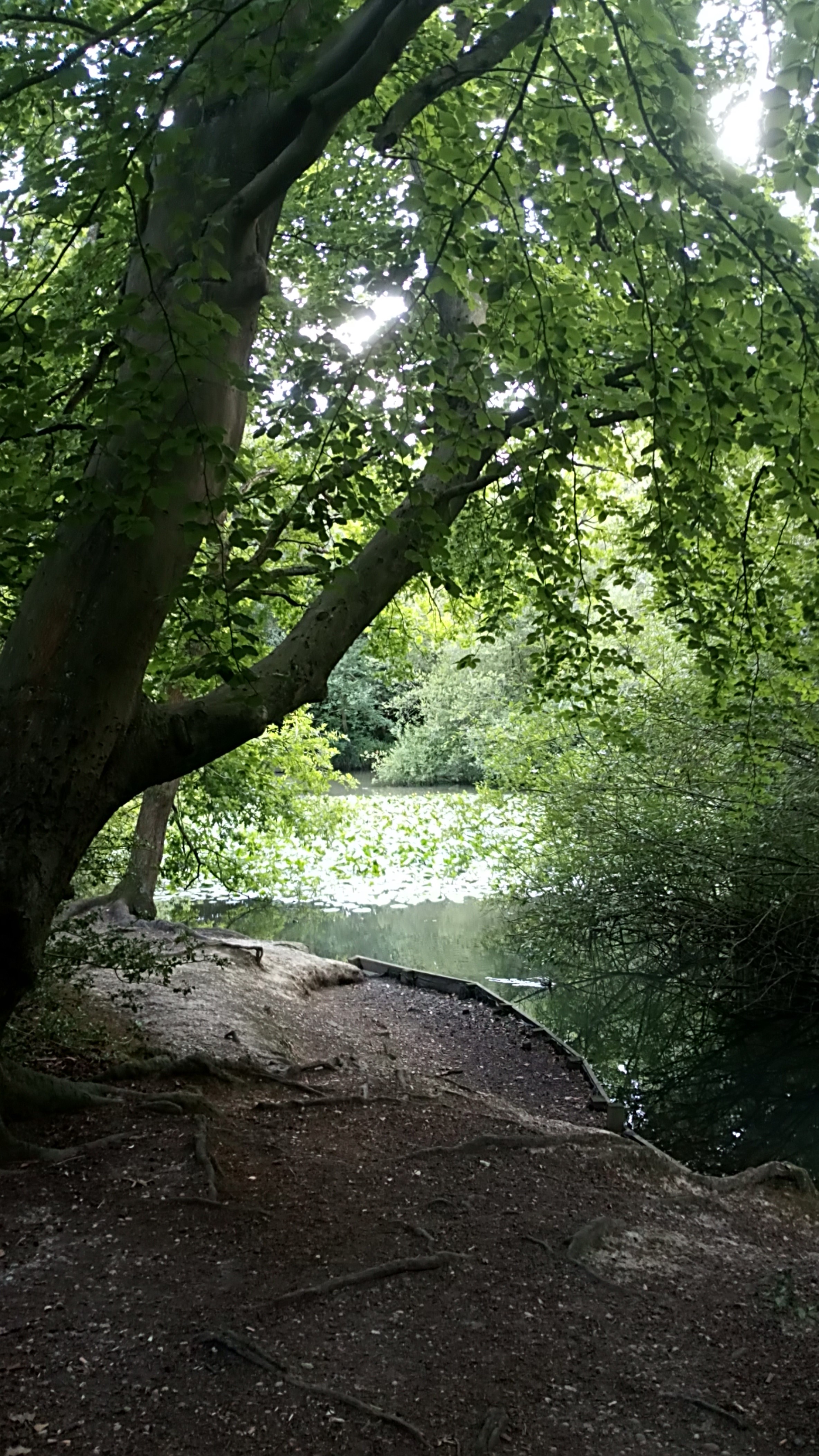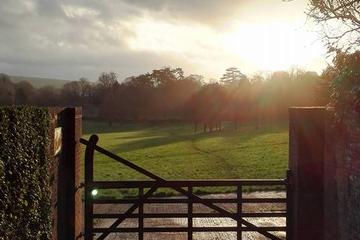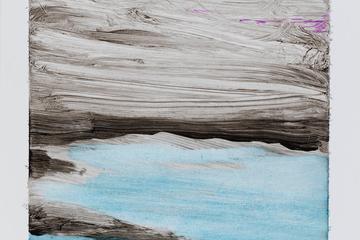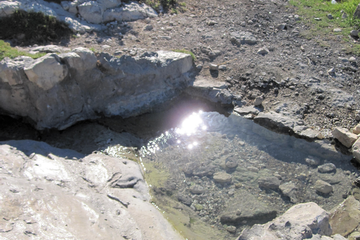
''In the contemplation of Nature [sic] we are perpetually renewed, our sense of mystery and our imagination is kept alive and rightly understood."
Barbara Hepworth, artist and sculptor
By Rev. Olivia Maxfield-Coote and Rev. Sebastian Harries
The British government advised during lockdown that people could only go out for one period of exercise a day. This meant that we, along with many others, actually began taking one period of exercise a day, in our case a daily walk. For us, and for many people, these moments became a lifeline — a chance to restore and refresh the soul.
We are blessed to live in Epping Forest, an ancient forest that touches the edge of the City of London. During our daily walks we became much more aware of the sounds of the forest, but also of the quality of the silence that lies within it. The canopy of leaves cocooned us in this sacred silence: a place where we could bathe in the divine presence.
Epping Forest is about 3,000 years old and is steeped in stories of human interaction with nature, from Iron Age forts to Tudor hunting lodges and Victorian skating ponds. The forest is still home to trees that are believed to be about 1,000 years old and, enchanted by their silent majesty, we spent time marvelling at the memories silently encased within their bark. As we meandered our way through little pathways in companionable quiet, free from the glare of computer screens, we noticed the colours and intricacies of the trees around us. We saw the uniqueness of each tree and also their oneness as part of the body of the forest; how they support one another and enable the entire forest to flourish.
We also noticed the creatures that make the trees their homes — the caterpillars that suspend themselves from the leaves and the baby birds that hunker deep down into holes in the trunks. And, as we stepped gently across the leafy forest floor, our ears picked up the crackling noises of the insects on the ground, the quiet rustling of a mouse, and the shuffling of a juvenile badger.
Even in this leafy heaven, we were reminded of the destruction that humans have inflicted upon the natural world. We discovered places that had been used by the military over hundreds of years; the wounds inflicted by the guns on the trees are still evident, with fragments of metal violently wedged in some of the trunks. We stumbled upon a crater that had been left by a World War II bomb. Just as the trees remain now seemingly unperturbed by the shrapnel, so the crater had filled with water and become a pond teeming with living organisms. In spite of humanity’s destructive intentions, nature had gone about silently reclaiming her ground and bringing forth new life.
The ancient trees silently bear witness to the ages of human history; they have been threatened and injured by it, and yet remain. They span times of human desolation and folly, and keep on growing in spite of it all, while new trees emerge silently amid the old, telling stories of new life and hope.
The silence of the forest transcends all our daily human struggles and fears, and points us to something larger and “other” — to the eternal God who promises restoration and renewal; to the God who cannot be comprehended or contained by words, but who is more fully known in silence.
In the contemplation of nature, we find ourselves perpetually renewed. Our sense of mystery and our imagination is indeed kept alive and rightly understood, because in contemplating nature we are contemplating the wonder of God’s creative and healing love.
Suggested listening: Vaughan Williams ~ The Lark Ascending - performed by the London Philharmonic Orchestra with David Nolan on violin and Vernon Handley conducting.
Photo by Rev. Sebastian Harries - Epping Forest, Essex, England.
Note: The "Wellsprings of Silence" ecumenical series of reflections, first presented in summer 2020, was made possible thanks to the contributions of Lay Centre friends from around the world.
Rev. Olivia Maxfield-Coote and Rev. Sebastian Harries are married and both priests in the Church of England. She is vicar to a team of churches in Essex, and he is chaplain to St. Gabriel’s College, a Church of England high school, in London, as well as assistant priest at a parish in Kennington. They live in Essex and enjoy walking in Epping Forest. They met while training for ministry at Westcott House in Cambridge. Sebastian was a resident at The Lay Centre in 2015-2016.



